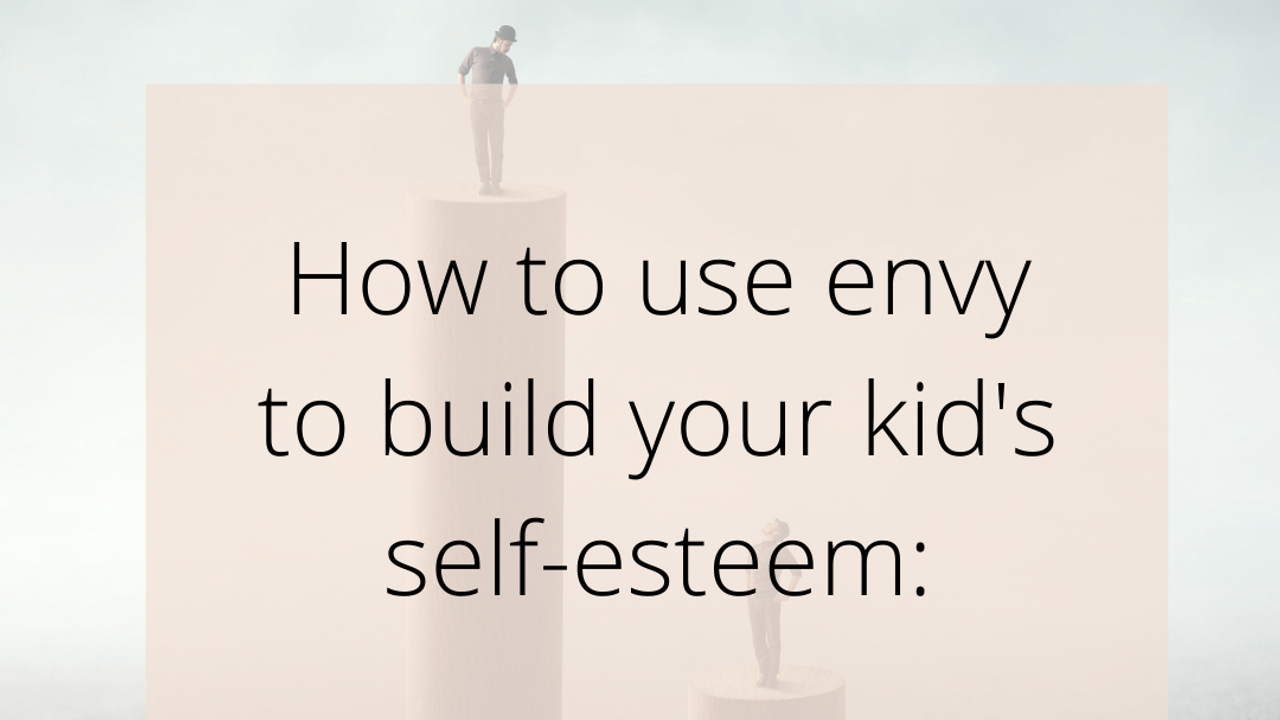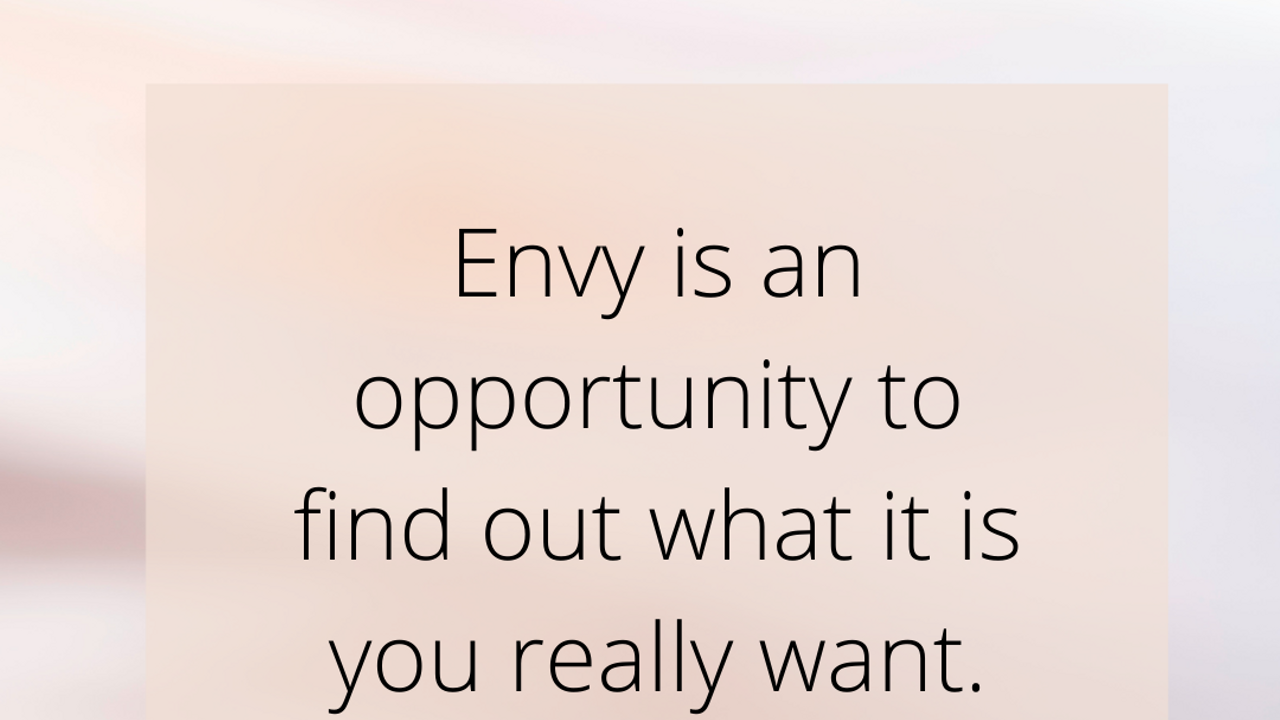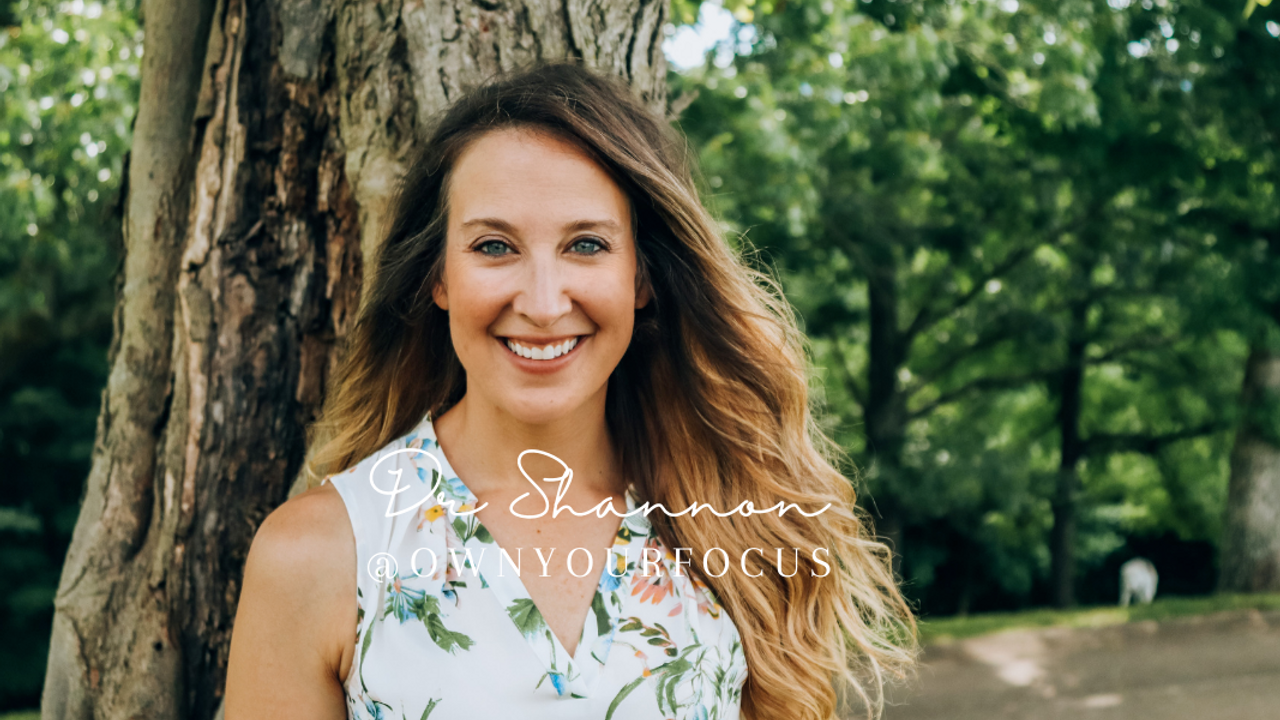How to Use Envy to Build Your Child's Self-Esteem

It's awful when our kid's come to us feeling down on themselves because of a peer. We see our kids and value them more than anything, and when THEY don't see that, it really hurts. So today, I want to build on a concept I shared a few weeks ago: we can use our feelings of envy to investigate and discover what matters to us. Guess what? We can teach our kids to do the same thing.
For example, your child comes in from school and is clearly downcast. Shoulders slumped, depressed. You learn someone in their class got asked to play guitar for a new band. Your child plays guitar, and it was a gut-punch they didn't get asked. They express feelings of not being good enough, and are exhibiting other negative ideas about them as a person vs their skill level.
Here's what you can do:
1. Empathize - "it's so hard when we don't get picked. We all hate that feeling. I'm here with you."
2. Ask questions, starting with guitar. Do you love playing it? What about a band is appealing to you? What a...
What if envy held the secret to your happiness?

I remember it like it was yesterday. I was talking with a member of my family, struggling through medical school with no money and barely having time for my head to hit the pillow. This person had everything that I wanted: money, a beautiful house, stunning looks, and most importantly,: time. While I could barely get my teeth brushed, this person was able to spend hours every day with her pets and working out with an ocean view. I hung up the phone feeling terrible, unsure of what to do with my feelings. I felt ashamed for not being happy for this person. I hated how envious I felt. My Catholic school upbringing played on repeat in my memory about not having envy or jealousy for what another has, so I repressed the feelings out of fear of moral failure. I repressed all my envy until one day I couldn’t do it anymore. Instead of zoning out on my daily commute, I started to get really curious about what I was feeling. Here’s what I learned that day:
By removing shame about my feelings...
We're all Gamblers, so why not Cryptocurrency?

You are a gambler. Hear me out! Most of us were raised to be afraid of gambling, and the word contrives images of someone slumped over a slot machine, their last dollar gone.
But in reality, we take a gamble daily. The bacon you ate earlier could have easily contained a deadly bacteria. Your car is one of the least safe spaces you could be, but you choose to get in and drive.
When I talk about investing and specifically investing in cryptocurrency, people often tell me they're afraid of the gamble. They're afraid of the risk. As humans, we're so adverse to risk that we forget the risks we're taking on a daily basis because they are familiar. We are comfortable with risk that we're used to. We tend to forget it's risky to eat bacon or drive to the store.
I want you to get comfortable with cryptocurrency and recognize it's just as risky an investment as other areas in our life. Why? Because I truly believe it will help you gain financial freedom, and build a better future for your...
How a Doctor Overcame Money Issues and a FREE Event You Won't Want to Miss!

"Wait, aren't you a doctor? How could YOU have money issues?"
This is a question on many people’s lips when they hear me talk about my past struggles with money. For years, money was one of my very top stressors. I felt stuck, and didn't know how to get out. Despite making a good salary, I felt lacking. How was this possible?
Most people grow up believing that if you make more money, you automatically have more money. So I logically assumed that if I was one of the lucky ones that was able to have a high-paying job, then I would be set for life. I would be rich.
If only it were that easy or true.
Nielsen Financial Advisors state that 25% families making a yearly salary of $150,000 or above were living paycheck to paycheck (1). According to Ladders, “One in three earning between $50,000 and $100,000 need their next paycheck to survive. For those earning less than $50,000, that percentage increases to half” (2). Higher incomes come with an expectation of the lifestyle y...
The One Thing Parents Can Do To Help Their Kids Succeed
It's no secret that Brené Brown is one of my heroes. When I first came upon her research, it put words to what I was seeing in my pediatric practice: kids were sickest when the parents were stressed and living in constant overwhelm. I've re-read Daring Greatly about 1000 times, and today I'm sharing one of my favorite quotes. This stopped me in my tracks about parenting:
"Who we are and how we engage with the world are much stronger predictors of how our children will do than what we know about parenting".
-Brené Brown, Daring Greatly
I could shout this from the rooftops. I saw this everyday with children's physical health, and having research to back up what I was seeing validated my 20 years of experience as a pediatrician. As parents, we need to deal with our stress, our anxiety, our coping mechanisms - our very way of life - if we want our kids to thrive later in life. It's the reason I created a program to help parents get their lives on track. Parents, you matter. Your happin...
